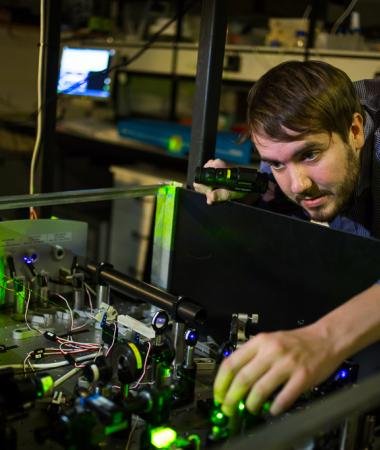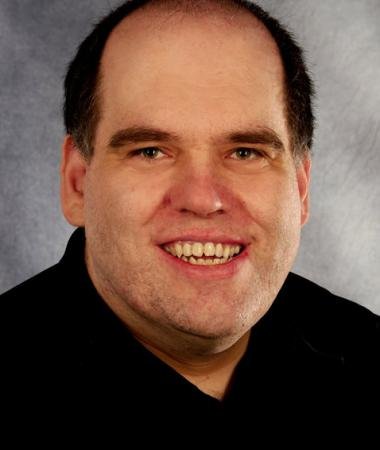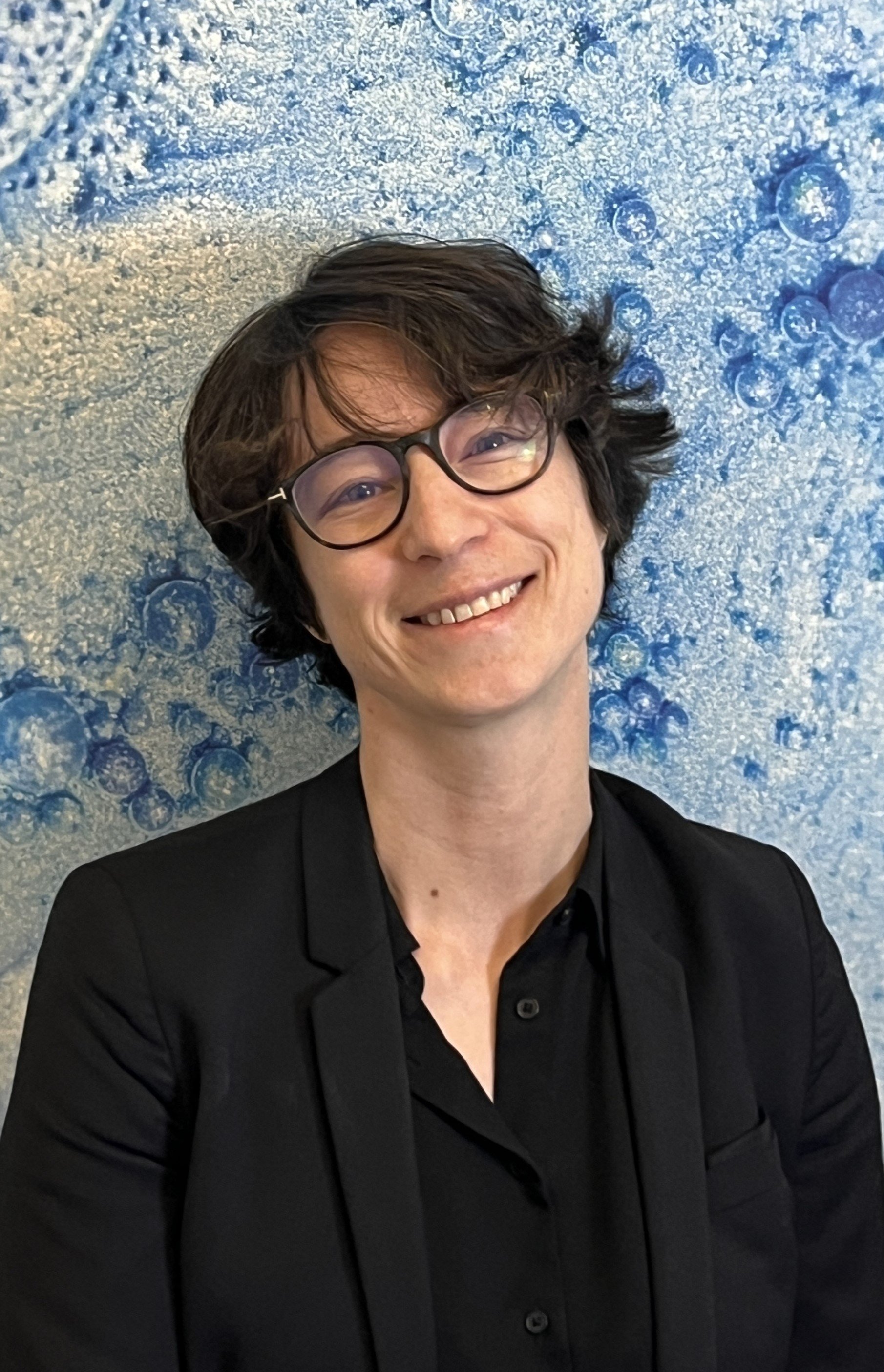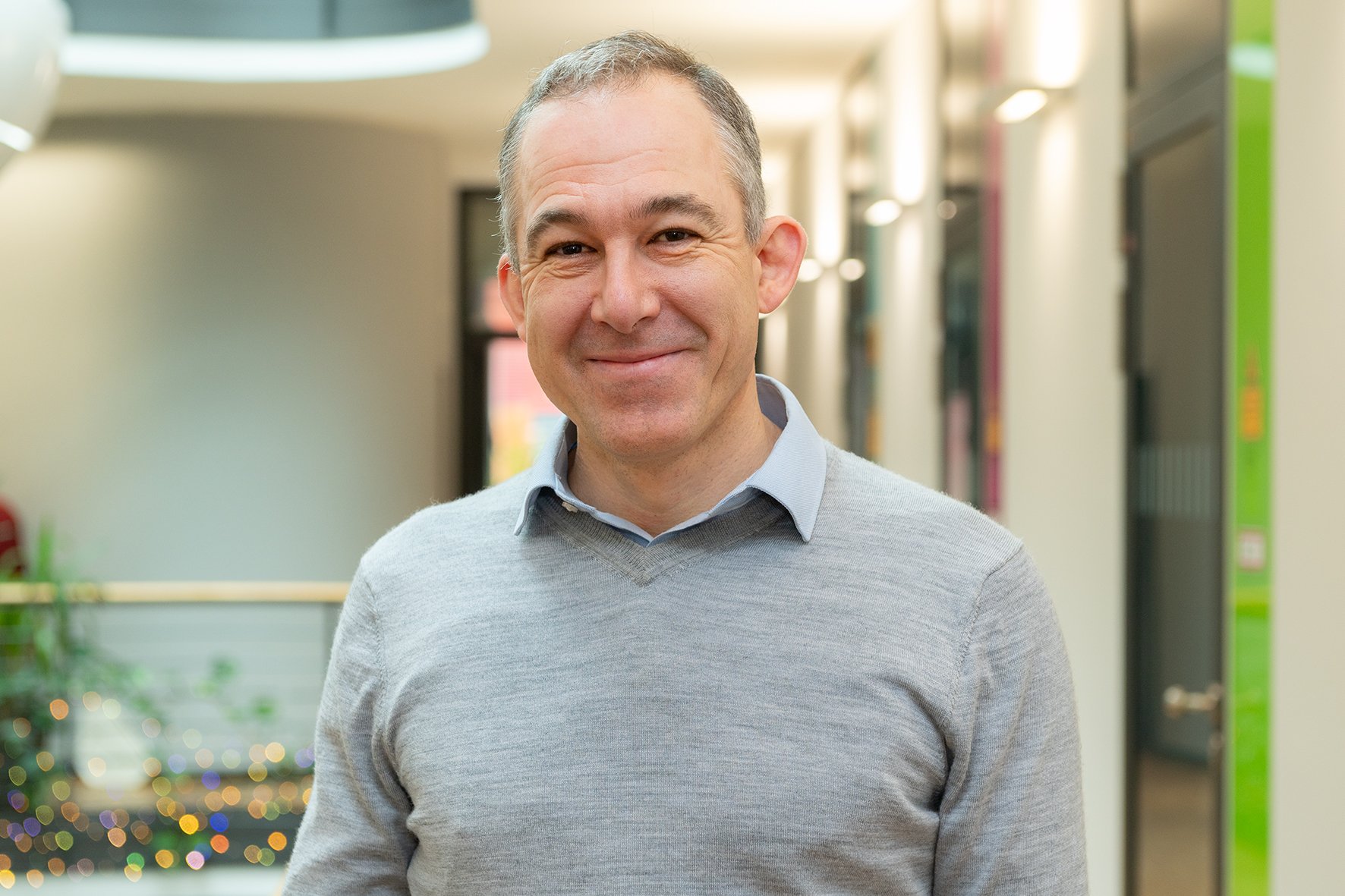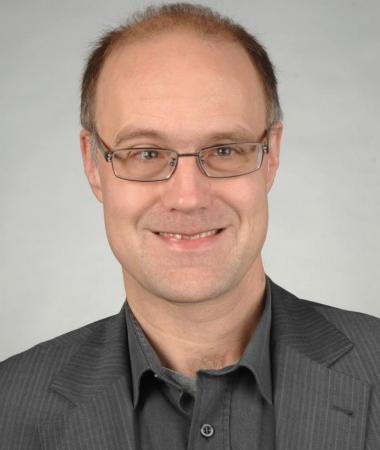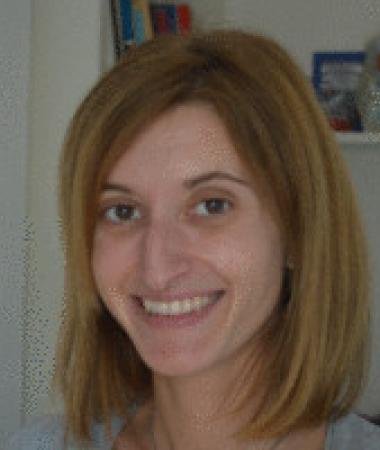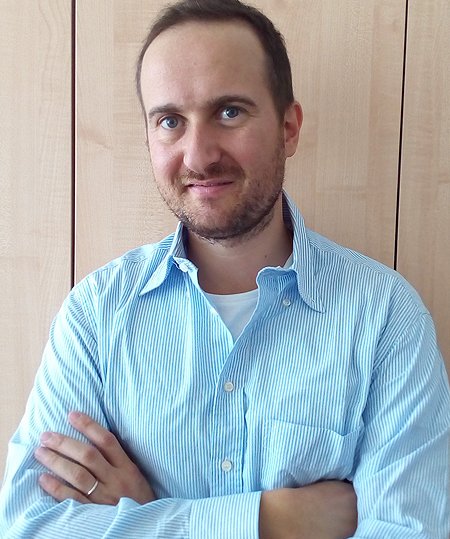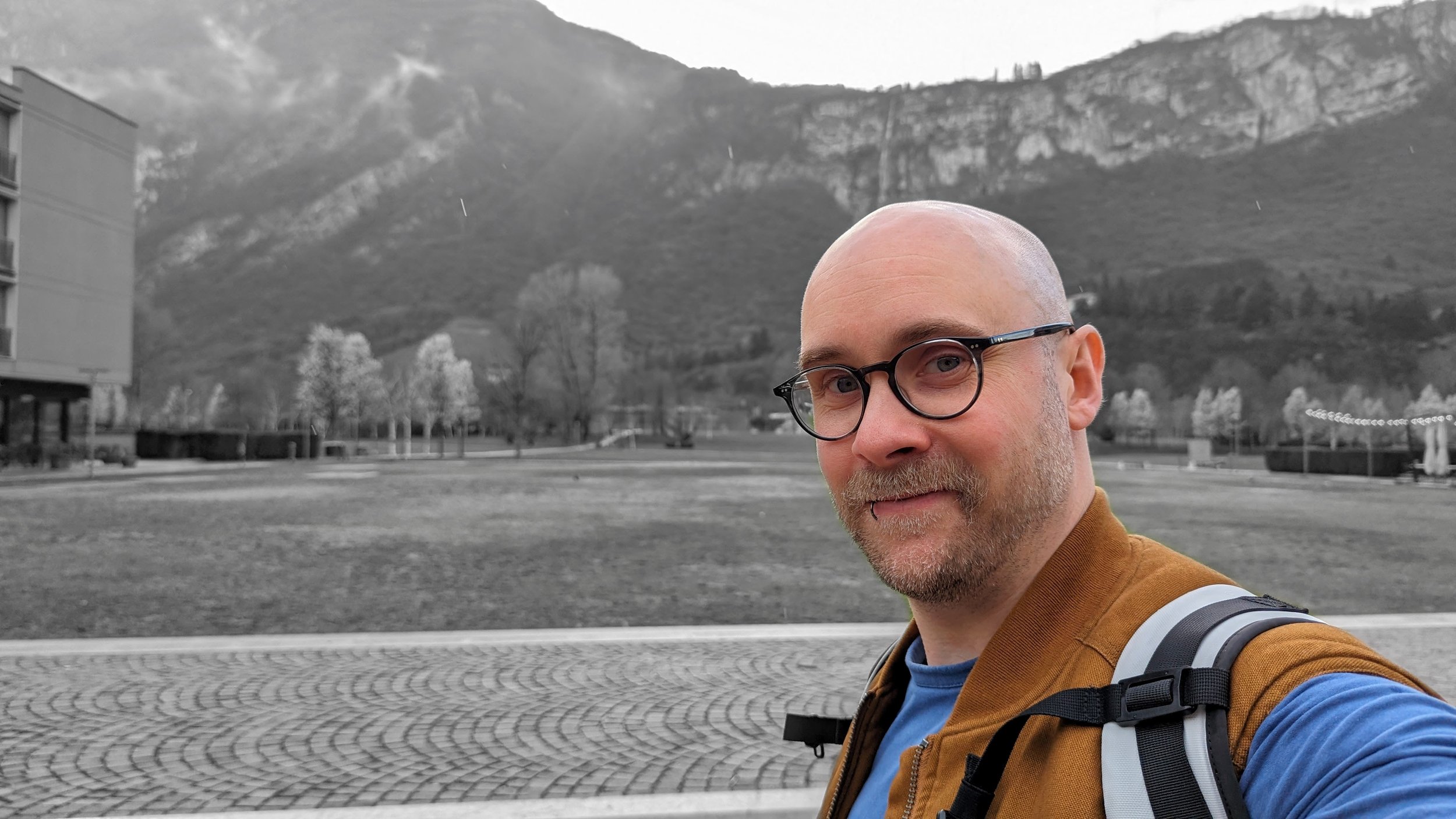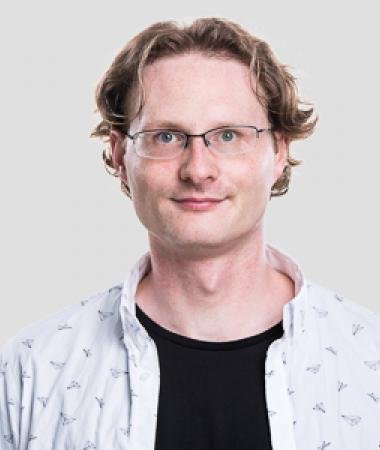Consortium
Our international research team contains expertise in artificial cells, synthetic biology, microfluidics, materials science, organoid and cell biology and artificial lipid bilayers. The Bio-HhOST team combine knowledge and expertise working together across five partner sites.
We are also part of the European Commission’s assembled portfolio of researchers working at the forefront of the field of Engineering Living Materials.
Sebastian Leptihn - Erfurt Health & Medical University
After many years abroad in Singapore, Oxford and China, Prof. Sebastian Leptihn is teaching medical students biochemistry at the Health & Medical University in Erfurt, Germany while also working at the Fraunhofer-Institute IZI in Leipzig. As a biochemist and microbiologist he is interested in basic principles how life works, from proteins to viruses. Currently, his research is to understand the interaction of bacteria with their viruses (known as phages) and how to potentially use them as biological therapeutics.
Marinella Pinelli - University of Trento
Marinella Pinelli is a postdoctoral researcher in the Cellular, Computational and Integrative Biology (CIBIO) Department of the University of Trento.
She obtained a Bachelor’s Degree in Medical Biotechnology from the University of Brescia and a PhD in Reproductive and Developmental Science from the University of Trieste.
She has published in the area of immunology and immunometabolism, and her skills include the use of 3D cultures of murine and human organoids for disease modeling.
Johannes Schneider - Zurich University of Applied Sciences
Johannes obtained his PhD in physics by University of Regensburg in 1999, and the habilitation in theoretical physics, Johannes Gutenberg University of Mainz, Germany in 2009. Among his publications stands out his monograph ”Stochastic Optimization" (together with Scott Kirkpatrick, The Hebrew University of Jerusalem, Israel) published by Springer, 2006. In 2009 The Time Magazine listed his optimization algorithm for packing problems in its list of the 50 most important inventions of the year.
Oliver Castell - Cardiff University
Scientific Coordinator
Dr Castell is a Senior Lecturer in Engineering Biology at Cardiff University. His research is at the intersection of the biological and physical sciences and concerns the development and application of new techniques to help unravel the complexity of living systems, in turn applying this knowledge to the development of new materials and tools inspired by biology. A pharmacist by training, he has a PhD in droplet microfluidics and was a postdoctorate fellow at Oxford University before establishing is own research group at Cardiff University supported by a Chancellor’s Fellowship. His work spans single molecules in minimal model systems to measurements in complex cells and tissues, where the creative application of Chemistry, Physics and Engineering can shed light on biological systems answering important questions with implications for medicine, bio-technology and our fundamental understanding of the world around us. His lab then seek to apply this knowledge to the development of new materials and tools inspired by biology. By shaping our capability to engineer at the molecular level, the development of new, smart, soft materials will have many important applications in areas such as therapeutics, bioelectronics, sensing, chemical computing and synthetic cells. His work has been recognised with the President's Medal of the Society for Experimental Biology. He recently served as work-package lead in Horizon FET project ACDC and now serves as Scientific Lead of EIC Pathfinder project Bio-HhOST and leads £1.7M UKRI/BBSRC Engineering Biology Mission Award - ALMOND.
Martin Hanczyc - Univeristy of Trento
Administrative Coordinator
Martin Hanczyc is an Associate Professor in the Department of Cellular, Computational and Integrative Biology at the University of Trento, Italy and a Research Professor of Chemical and Biological Engineering at the University of New Mexico, Albuquerque USA. He formally was an Honorary Senior Lecturer at the Bartlett School of Architecture, University College London, Chief Chemist at ProtoLife and Associate Professor at the University of Southern Denmark. He received a bachelor’s degree in Biology from Pennsylvania State University, a doctorate in Genetics from Yale University and was a postdoctorate fellow under Jack Szostak at Harvard University. He has published in the area of droplets, complex systems, evolution and the origin of life. Currently he heads the Laboratory for Artificial Biology, developing novel synthetic chemical systems based on the properties of living systems. He recently coordinated an EU project on artificial cells (ACDC) and an ERAMSUS project on Art and Science education (ABRAx). Martin is now coordinating the EIC Patfinder Open projects OMICSENS and Bio-HhOST.
Julia Sepulveda - Microfluidics Innovation Center
Julia Sepulveda Diaz is Deputy CEO at the Microfluidics Innovation Center, a private company dedicated to deeptech innovation and start-up creation in the domain of microfluidics. At the MIC, she leads a group of researchers and engineers towards the development of high-impact, user-centered technologies in various applications, going from biomedicine and cell biology to engineering and physics. She is also responsible of the management and administration of the European and national grants obtained by the MIC, that account for more than 50 in the past 6 years. She previously worked with her team at Elvesys before spinning off the unit in 2024 with the aim of further developing their innovative and entrepreneurial projects, including a number of new technologies and three startup companies. Prior to entering to the private sector, she completed a PhD in glycobiology and neurobiology in the University of East Paris-Creteil, followed by a 4-year post-doctoral fellowship at the Brain and Spine Institute in Paris on drug discovery, neuroinflammation and neurodegeneration.
Jin Li - Cardiff University
Dr. Jin Li is a lecturer in soft matter and microfluidic engineering at the Cardiff School of Engineering, Cardiff University, since December 2022. His expertise lies in the precise control of chemical compartmentalization within complex emulsions, microgels, micro-sized polymeric capsules, and their macrostructure organizations. Dr. Li's work spans multidisciplinary research areas, including integrated microfluidic devices, engineering biology, and tissue engineering. His research expands to engineered, biomimetic 'Living Machines', built upon functional soft components. This research will give rise to a plethora of applications, providing economical, environmental, and sustainable benefits across diverse industries, including new materials, medicine, soft electronics and robots, agriculture, and energy harvesting.
Rudolf M. Füchslin - Zurich University of Applied Sciences
Ruedi Füchslin is a Professor of Applied Complex Systems at Zurich University of Applied Sciences. He studied theoretical physics at ETH in Zürich, where he graduated with a thesis on incompressible quantum systems at the chair of Prof. Jürg Fröhlich. He then went to the University of Zurich, where he wrote his Ph.D. thesis in the newly established group for computer-assisted physics of Prof. Peter Fritz Meier in the field of superconductivity. During this time, he had the opportunity to act together with Meier as a consultant for the Institute for Forensic Medicine. This experience fostered his interest in biological and medical problems. He spent several years as a postdoc in Prof. John McCaskill’s group for Biomolecular Information Processing where he investigated molecular ecologies, evolutionary processes and dynamical processes in cells. In 2007, he got the opportunity to spend half a year at the ECLT, where he studied the scaling behavior of dissipative particle dynamics. He then returned to the University of Zurich, where he got a position in Prof. Rolf Pfeifer's Artificial Intelligence Lab. Presently, he holds a position as a professor of applied complex systems science and is heading the group for Applied Complex System Science at the Institute for Applied Mathematics and Physics at the School of Engineering at the Zurich University of Applied Sciences (ZHAW). He is a member of the board of ZHAW's Datalab and a co-founder of ZHAW's Digital Health Lab. Also, he is co-director of the European Centre for Living Technology in Venice, Italy. Besides research, he is interested in questions relating to the interplay between natural sciences and the humanities.
Alan Morin - Microfluidics Innovation Center
Alan Morin is a microfluidics expert at the Microfluidics Innovation Center in Paris, France. He obtained his PhD degree at the University of Paris Saclay in 2019 in BioPhysics. His expertise include the development of novel instruments for the use of microfluidics in different fields. He has been actively involved in 10+ European projects over the past 5 years, developping instruments or platforms according to the needs of project partners.
Silvia Holler - University of Trento
Silvia Holler is a postdoctoral researcher in the Cellular, Computational and Integrative Biology Department of the University of Trento. She obtained her PhD degree at the University of Trento in 2019. Her expertise include: nanoparticles functionalization, artificial protocells functionalization and mediated cargo delivery, chemotactic droplets, and geochemical analysis of origin of life. Her research has huge potential for medical and industry applications and her artificial cells constitute a dynamic, configurable set of microscopic transport systems that could be used for focused disease attack and drug delivery.
Eve-Line Bancel - Microfluidics Innovation Center
Eve-Line Bancel is a research engineer at the Microfluidics Innovation Center in Paris, France. She obtained her PhD degree in Optics at the University of Lille (France) in 2023. She currently works in the R&I team to develop innovative microfluidic systems for various applications, including high impact research in biology, medicine and ecology.
Peter Eggenberger Hotz - Zurich University of Applied Sciences
Lorena Cebolla Sanhahuja - University of Trento
Project Manager
Lorena holds a PhD in Political Philosophy, Dr. Cebolla is Project Manager of Bio-HhOST following successful project management of previous Horizon 2020 FET ACDC and ITN Protome. Formerly PI and researcher at the Department of Humanities at UNITN, she worked mainly on the field of humanities, specialising on Cosmopolitan studies. Lorena Cebolla received her PhD in 2010 at the University of Valencia, awarded with extraordinary doctoral prize, and developed her postdoctoral activity between 2010-2019. She has conducted research at Johannes Gutenberg Universität Mainz, Penn University, Université Paris Ouest-Nanterre, and Trento University.
Luca Tiberi - University of Trento
Luca Tiberi’ s work aims to identify cellular and molecular mechanisms of pediatric brain cancer, the deadliest cancers in children. In particular, he is studying Medulloblastoma: the most common brain cancer affecting children that remains responsible for a high percentage of mortality among cancer patients.
He is working on deciphering the link between normal development and oncogenesis taking advantage of different in-vitro and in-vivo genetically engineered models. Moreover, part of his research is focused on identifying new therapeutic targets able to reduce the malignant potential of the tumor and to overcome its ability to develop resistance against specific treatments.
David Barrow - Cardiff University
David Barrow currently researches compartmentalised, microscale constructs, using microfluidics for their formation, directed towards protocells, proto-tissue and artificial life. David is a multidisciplinary scientist, and Professor of microfluidics at Cardiff University. He has a University background in Ecological sciences but also researches a diversity of microfluidic based phenomena and devices, including chemical sensors, porous silicon, microacoustics, hybrid integration, micromolding, transdermal microneedles, emulsion and digital microfluidics, chemicals separations, plasma etching, CFD, microwave sensors, laser micromachining, nanocomposite materials, marine microanalysis systems, multiphase flow microreactors, stem cell encapsulation and artificial cells. He was a founder of the UK metaFAB TSB open-access NanoCentre providing bespoke laser micromachining, MSTB Ltd. researching space microsystems, Protasis Corporation developing microdevices for chemicals separations, Q-CHIP Ltd. (merged with Midatech floted on AIM and NASDAQ listed) developing injectable microencapsulated pharmaceuticals. He is an advisor to the Royal Academy of Engineering, and US Blavatnik Foundation, has trained 26 PhD candidates & 14 postdoctoral scientists, written 17 patents, and regularly reviews grant propositions for the UK, EU and international funding agencies.
David Jamieson - Cardiff University
David is a post-doctoral researcher with an interest in creating complex chemical communication between organisms and artificial constructs, using a pallet of re-purposed molecular tools. Currently he works within Cardiff Universities School of Pharmacy as part of the Castell group. Here he focuses on the intersection of transport and physical processes imaging these across length scales using single molecule and conventional fluorescence techniques. Previously he worked for the UKHSA developing rapid microfluidic detection systems for antibiotic resistance. Prior to this he was granted a PhD in biophysical chemistry from the University of Bath for his contribution to the development of infection detecting wound dressing system. David has published across fields encompassing functional hybrid nanomaterials, microfluidics, molecular transport processes and lipid bilayer-based tools and technologies.
Mathias Weyland - Zurich University of Applied Sciences
Mathias Weyland earned a BSc in Bioinformatics from the University of Zurich, Switzerland. He stayed at the University of Zurich for a MSc degree in Informatics, cognitive and multimodal systems. During and after his studies, he worked as Research Assistant and Guest Researcher at the Swiss Federal Institute of Aquatic Science and Technology, and the European Center for Living Technology in Venice, Italy. During his stay in Italy, he contributed to the MATCHIT project by developing a chemical compiler for a platform conceived during the project. After some time in the robotics industry, he joined the Applied Complex Systems Science group at the School of Engineering of the Zurich School of Applied Sciences, Switzerland, and the University of Fribourg, Switzerland, for a PhD thesis in medical physics. After his PhD, he stayed there for teaching activities in physics and joined the ACDC project.

